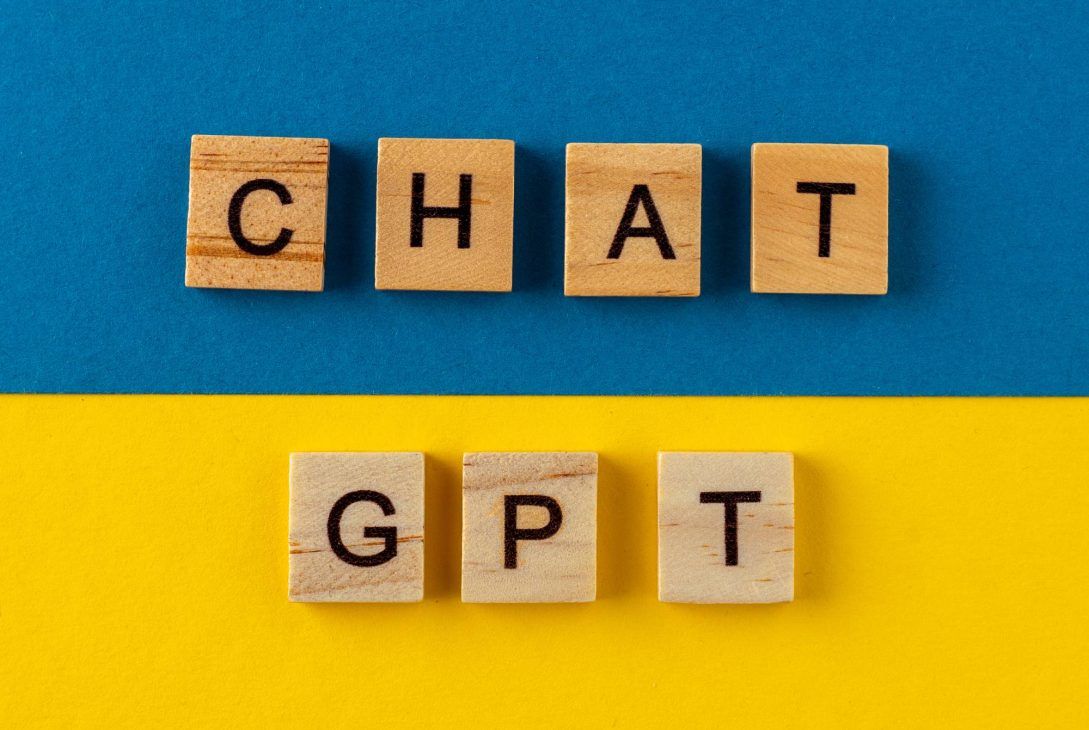ChatGPT, powered by OpenAI’s GPT-3.5 architecture, is an impressive language model that has garnered attention for its ability to generate human-like text. While it has proven to be a valuable tool for a wide range of applications, it’s essential to acknowledge its limitations. In this blog post, we’ll explore some of the key constraints of ChatGPT that users should be aware of when leveraging this powerful language model.
- Lack of Real-World Knowledge: ChatGPT does not possess real-world knowledge beyond its training data, which has a cutoff date of 2022. This means it may not be aware of recent events, developments, or emerging trends. Users should exercise caution when relying on ChatGPT for information that requires up-to-date knowledge.
- Sensitivity to Input Phrasing: The model is sensitive to how a prompt is phrased. Small changes in input wording can result in different responses, and it may not always provide consistent answers. Users should be mindful of this sensitivity to achieve the desired output.
- Tendency to Generate Plausible-Sounding But Incorrect Information: ChatGPT aims to generate coherent and contextually relevant responses, but it may occasionally produce answers that sound plausible but are factually incorrect or misleading. It’s crucial for users to verify information independently when accuracy is paramount.
- Verbose Responses: ChatGPT has a tendency to be verbose and overuse certain phrases. Users may need to explicitly instruct the model to be concise or specific to obtain more focused and relevant responses.
- Limited Context Understanding: While ChatGPT can maintain context within a conversation, it may struggle with understanding complex or multifaceted queries. Long conversations may lead to a loss of context, and the model might provide less relevant responses as a result.
- Inability to Ask Clarifying Questions: Unlike a human interlocutor, ChatGPT cannot ask clarifying questions for ambiguous queries. If the input is unclear, the model may guess the user’s intent or provide a generic response instead of seeking clarification.
- Potential for Biased Outputs: ChatGPT may inadvertently generate biased or politically charged responses based on the input it receives. OpenAI has implemented safety mitigations, but users should remain vigilant and review outputs for potential biases.
- No Memory of Previous User Interactions: ChatGPT does not have memory of past interactions within a conversation. Each input is treated in isolation, and the model doesn’t retain information about the user’s history or preferences, making long-term, context-rich conversations challenging.

Conclusion
While ChatGPT is a remarkable tool for generating human-like text and engaging in dynamic conversations, it’s essential to approach its use with a clear understanding of its limitations. By being aware of these constraints, users can maximize the benefits of ChatGPT while taking appropriate precautions to ensure the accuracy, relevance, and reliability of the generated content. As with any powerful technology, responsible and informed usage is key to harnessing the full potential of ChatGPT in diverse applications.
Related Posts:
Get Started with a free 15 -day trial
No credit card required for Trial Plan
Continue using starter plan for free forever, after trial or upgrade to Premium Subscription






